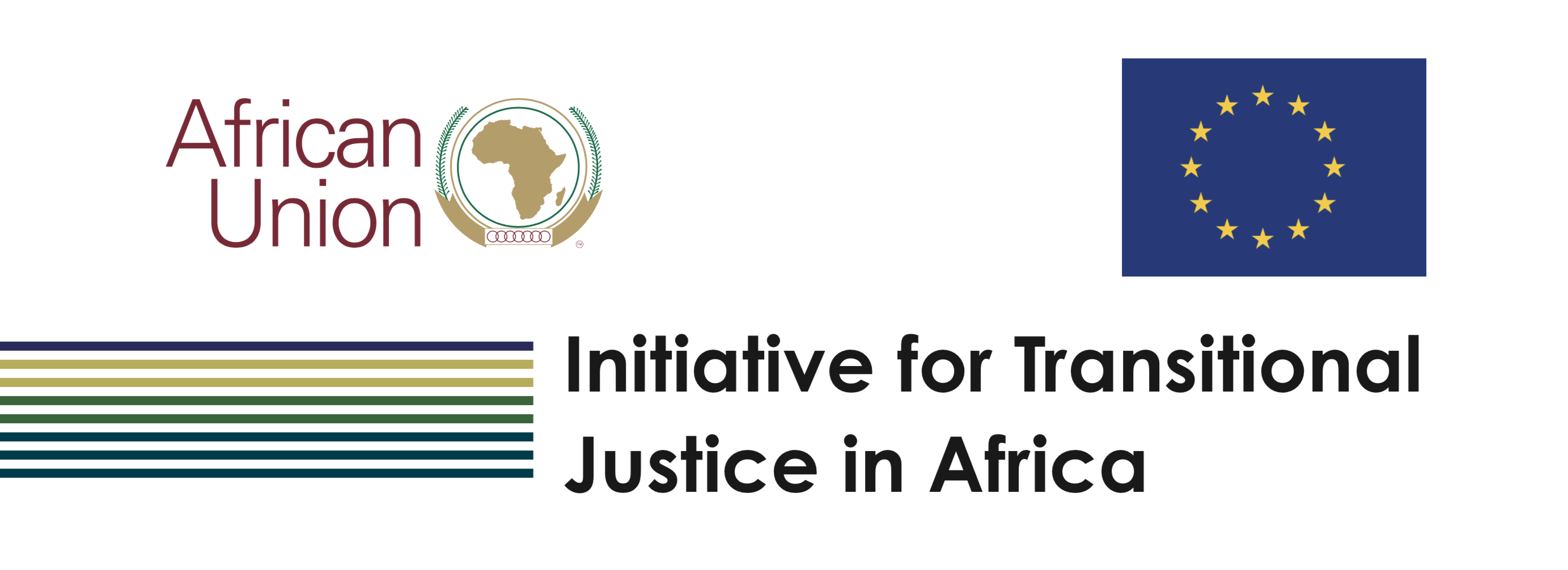
As part of the 30th commemoration of the 1994 Genocide Against the Tutsi in Rwanda, the International Center for Transitional Justice (ICTJ), on behalf of the Initiative for Transitional Justice in Africa (ITJA) Consortium, is convening this webinar under the auspices of the African Union, supported by the European Union. The webinar presents an opportunity to commemorate and honor the victims of the 1994 Genocide against the Tutsi in Rwanda. The webinar also serves to shine the spotlight on other mass atrocities committed on the continent, including the genocide committed against the Nama and the Herero people in Namibia between 1904 and 1907. The webinar will also serve as a platform for reflection, drawing lessons from the Rwandan, Zimbabwean, and Namibian experiences, on how transitional justice processes in Africa, guided by the African Union Transitional Justice Policy (AUTJP), can effectively address and prevent genocide and mass atrocities on the continent.
Date and Time: Monday, 29 April 2024, 10:00 am –12:00 pm (East African Time)
Register here.
Lead Discussants
- Sarah Kasande, Head of Program, ICTJ, ITJA
- Annah Moyo, Executive Director, Centre for the Study of Violence and Reconciliation
- Dr. Ashad Sentongo, Director of Africa Programs, Auschwitz Institute for Genocide Prevention
- Dr. John Ikubaje Gbodi, Head of Transitional Justice Unit, Department of Political Affairs, Peace and Security, African Union Commission
- Dr. Sipho Malunga, Human Rights Lawyer, Former Programs Director, OSF-Africa
- Steven Bernadus Harageib, Namibia
Objectives
This webinar aims to foster a deeper understanding of Rwanda’s journey toward recovery from the 1994 genocide and to learn how transitional justice processes in Africa can be designed and implemented effectively to prevent genocide and address contemporary challenges in post-genocide contexts. The webinar will further explore the AU’s framework for the prevention of genocide and other atrocity crimes, as well as the contributions that the AUTJP can make to reinforce prevention and post-genocide reconstruction efforts in Rwanda and other African states. The webinar will offer a platform to examine some of the primary risk factors contributing to genocides and mass atrocities in Africa, including hate speech, xenophobia, violent extremism, and socio-economic exclusion. It will also address contemporary challenges in responding to these risks, such as inadequate early detection and early warning mechanisms as well as lack of political will to address ethnicized politics and structural violence. Through a reflection on the diverse experiences of Rwanda, Zimbabwe and Namibia, the webinar aims to extract pertinent lessons applicable to the wider continent, facilitating more effective strategies for preventing and mitigating the impacts of genocides and other mass atrocities.
Key Discussion Points
- Reflections on the journey so far: (i) an analysis of the genocide prevention and transitional justice process in Rwanda and (ii) an assessment of the impact of transitional justice mechanisms employed in addressing the root causes of the 1994 genocide and promoting reconciliation.
- Reflections on other mass atrocities that have taken place on the African continent, particularly Zimbabwe and Namibia: (i) highlighting what has been done so far to address the multi-faceted dimensions of harm and violations suffered by the communities and ethnicities affected by the atrocities and (ii) examining the role of transitional justice in addressing the communal and individual harm, to secure reparations, accountability and healing for affected communities.
- Addressing contemporary challenges: (i) how to deliver meaningful reparations, including mental health and psychosocial support (MHPSS) to victims; (ii) facilitate the rehabilitation and reintegration of former genocidaires; (iii) redress socio-economic inequalities and realize inclusive development in Rwanda, Zimbabwe and Namibia.
- Taking Stock: (i) Examining the continental, subregional, and national frameworks for the prevention of genocide and other atrocities in Africa, including the AU, Intergovernmental Authority on Development in Eastern Africa, Southern African Development Community, and International Conference on the Great Lakes Region genocide prevention mechanisms (ii) exploring what the AUTJP can offer to address and prevent mass atrocities.
About the Initiative for Transitional Justice in Africa
The Initiative for Transitional Justice in Africa (ITJA) is a three-year project jointly launched by the African Union (AU) and the European Union. The project is coordinated by the International Centre for Transitional Justice and co-implemented in collaboration with the African Transitional Justice Legacy Fund and the Centre for the Study of Violence and Reconciliation. The primary goal of the ITJA project is to promote the implementation of the African Union Transitional Justice Policy (AUTJP) and to support the roll-out of the AU’s Roadmap for the Implementation of the AUTJP.
